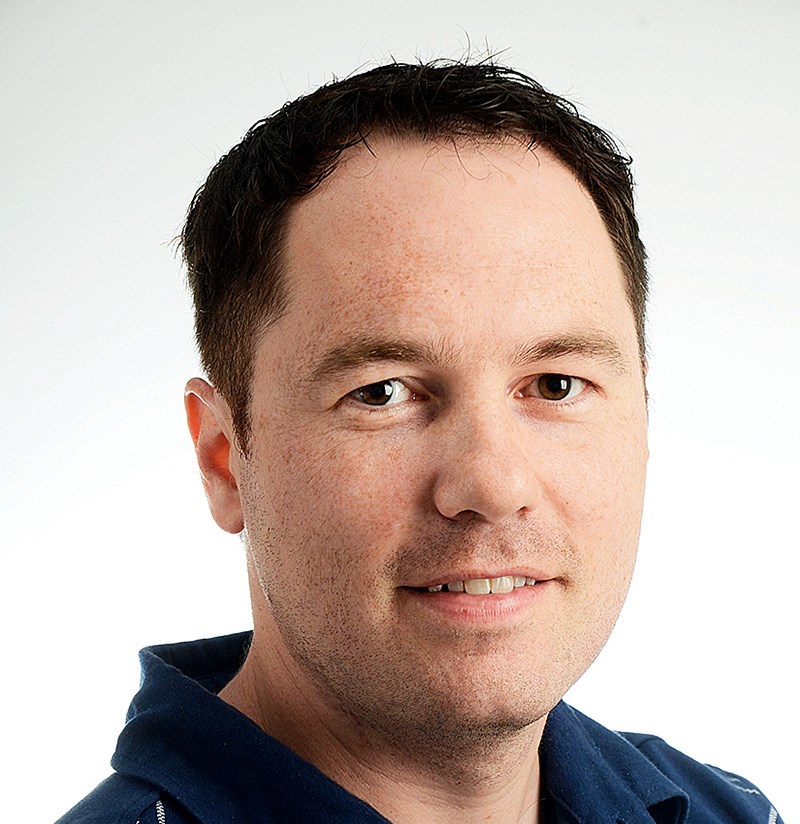In this space, I talk about my children a lot.
One of my favourite running gags is to mention some fool thing I’ve considered doing — for example, making my children sleep under the steps in a cardboard box — and then talking about having a pleasant chat with social services the next day.
To be clear, I’ve never actually considered making my kids sleep outside in a box, and I’ve never worried about the government coming to my home and taking my children away. Why would I worry?
For generations of Canadians, however, having their children taken away wasn’t just a threat, it was a certainty. The fact that I have two boys of my own is why the heartbreaking story of Chanie Wenjack hit me hard.
At the root of the story is a horrible truth about our country that eats away at the core of who we are: For more than 100 years, the residential school system sponsored by the Canadian government quite literally stole away the children of First Nations families.
What more heinous act could there be than to take the children away from an entire population?
Chanie Wenjack was one of those children. He was taken from his father by armed officials and sent to a residential school hundreds of kilometres away. In 1966, Wenjack, at age 12, died while trying to walk home, driven by a desire to escape the horrors of his school and to see his family and dogs again. He was found beside a railway line, frozen.
The story eventually caused a stir in Canada when an article in Maclean’s magazine poignantly described Wenjack’s plight and the aftermath, including an inquest that posed what was, at the time, an unprecedented question about the residential school system: “Is it right?”
The answer, an obvious one now, was No. It was not right. Yet residential schools existed for another generation, the last one closing in 1996.
Of course, Wenjack was not the only one to face that fate — thousands of children died under the state’s watch and countless more were abused. The schools may be closed, yet the rift continues today.
But the story of Chanie Wenjack is as powerful and important today as it was 50 years ago. It’s little wonder that works of art commemorating his death — including Joseph Boyden’s novella Wenjack and the Gord Downie-driven album, graphic novel and CBC television special Secret Path — are generating such a huge public response. Boyden’s sparse words, Downie’s haunting wails — it all brings the story back to life in a way that reports and statistics never can. The response that these works have received gives hope that maybe this is a pivotal moment for our country.
So what should happen now? These stories must be told, again and again. If you haven’t seen Secret Path, watch it now — it’s available for free on the CBC website. Watch it with your children. Talk about it. Find Boyden’s work — it packs a powerful punch for a pocket-sized book you can read in an hour or two.
There are many things that are great about Canada but this is one thing we got horribly wrong. It is us, though. It is part of who we are.
I hope that for those who still feel powerless and alone, this will be the start of something positive. And for those who have power, who possess the means and resources to help heal this country: What are you waiting for?
Andy Prest is sports editor of the North Shore News and writes a lifestyle column.
@Sports_Andy



